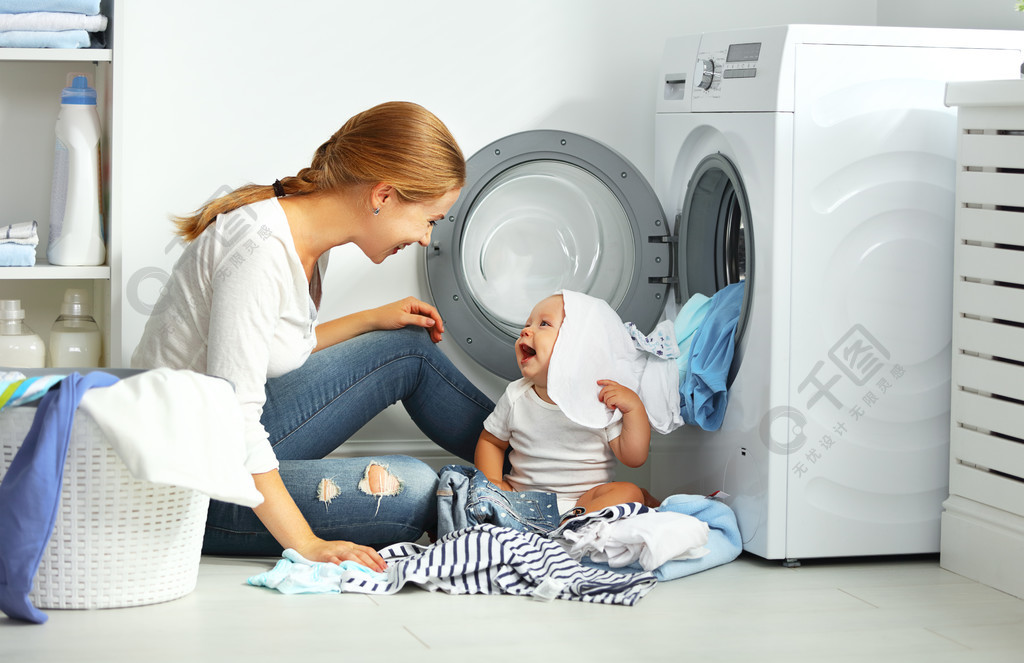In the growth journey of newborns, every day is filled with moments that make family members feel warm and amused. Even though babies may not talk or run yet, their every move can deeply attract the gaze of parents, bringing endless joy. For example, when a baby turns three months old, the traditional “hundred days” milestone, many families celebrate this growth milestone in a special way. At this age, babies often smile sweetly and enjoy playing with saliva, seeming to have an endless “bubble resource,” which makes parents find them both cute and inevitably curious: why do three-month-old babies frequently blow bubbles?
Actually, the so-called “cute” behavior mentioned by the older generation is more of an expression of love for the baby. From a scientific perspective, a baby blowing bubbles at three months is actually a natural phenomenon in their growth and development process. Around two months, babies begin to explore the world with their senses, and the development of the central nervous system causes the mouth nerves to mature earlier than the hand nerves. The mouth becomes an important tool for babies to perceive the environment, and they understand the surroundings through sucking and licking.
By three months, the baby’s salivary glands become more active, secreting more saliva, but because their swallowing mechanism is not fully mature yet, with a shallow mouth, this leads to lack of coordination in closing the mouth and swallowing, causing the phenomenon of blowing bubbles and drooling. This is not the “symbol of intelligence” as popularly believed. Each baby is demonstrating the wisdom of growing in their own way, and these special behaviors are actually normal physiological responses in the body development process.
Faced with this situation, parents do not need to worry excessively, but need to pay attention to daily care. Saliva is slightly acidic, and if not cleaned promptly, it may irritate the baby’s delicate skin, causing redness or eczema. Therefore, ensuring prompt cleaning after the baby blows bubbles or drools is key to avoiding skin discomfort. Understanding and adapting to these natural expressions of a baby’s growth and taking appropriate care measures can accompany them to grow up healthy and happy.


